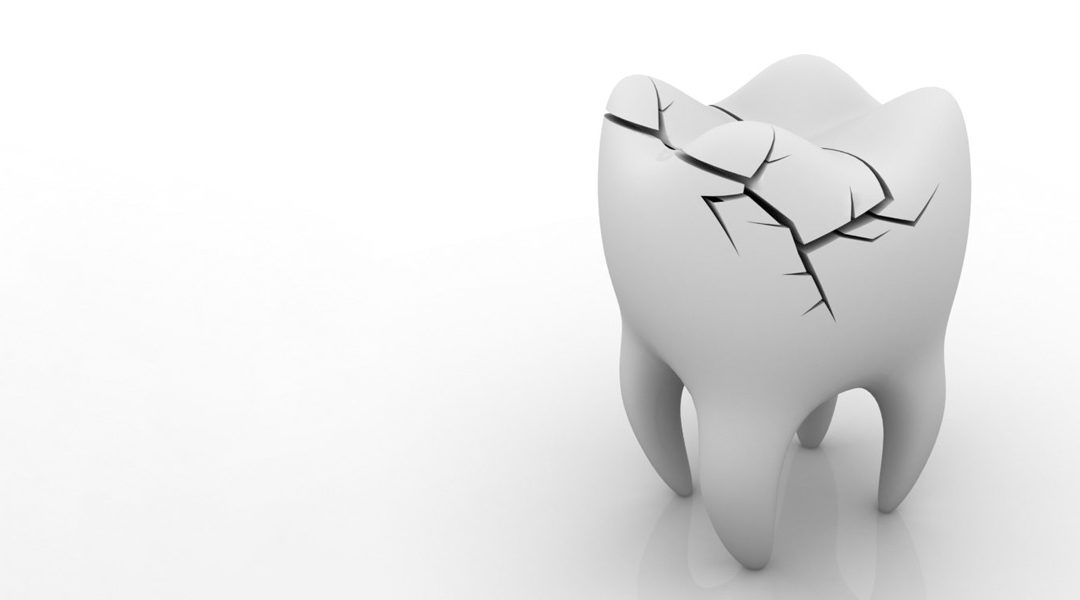
by rob | Mar 6, 2018 | Children's Dentistry, Cosmetic Dentistry, Dental Crowns, Missign Teeth, Oral and General Health, Preventative Dentistry
Damaged Tooth: First Aid & Treatment Damaged tooth? Ouch! Here’s What You Need To Know Accidents do happen, here’s some advice on what to do for a lost or damaged tooth: If a tooth is cracked or chipped, it’s best to see a dentist as soon as possible....

by rob | Mar 4, 2018 | Children's Dentistry, Cosmetic Dentistry, Missign Teeth, Preventative Dentistry
Play it Safe – wear a mouthguard Play it Safe – Wear a mouthguard The Importance of Play it Safe cannot be overstressed. Every year, thousands of people, adults and children are treated for dental injuries that were preventable or would have been less...

by rob | Mar 1, 2018 | Children's Dentistry, Missign Teeth, Oral and General Health, Preventative Dentistry
Mouthguards at play keep dental injuries at bay Sporting accidents are one of the most common causes of dental injury. Every year thousands of people are treated for dental injuries that could have been avoided or minimised by wearing protective, custom-fitted...

by rob | Mar 1, 2018 | Children's Dentistry, Missign Teeth, Preventative Dentistry
mouthguards – which one for me? While there are many types of mouthguard available in Australia, ranging from cheap, over-the-counter models to professionally custom-fitted mouthguards, there is a strong emphasis from Dental Professionals to use custom made...

by rob | Jan 18, 2018 | Dental Crowns, Missign Teeth, Oral and General Health, Preventative Dentistry, Procelain Veneers
Dental Care in your Senior Years So for better or worse you’re reaching your senior years. While taking care of your teeth and gums is important throughout your life, getting ‘longer in the tooth’ can put you at more at risk for dental care issues. Dental...






